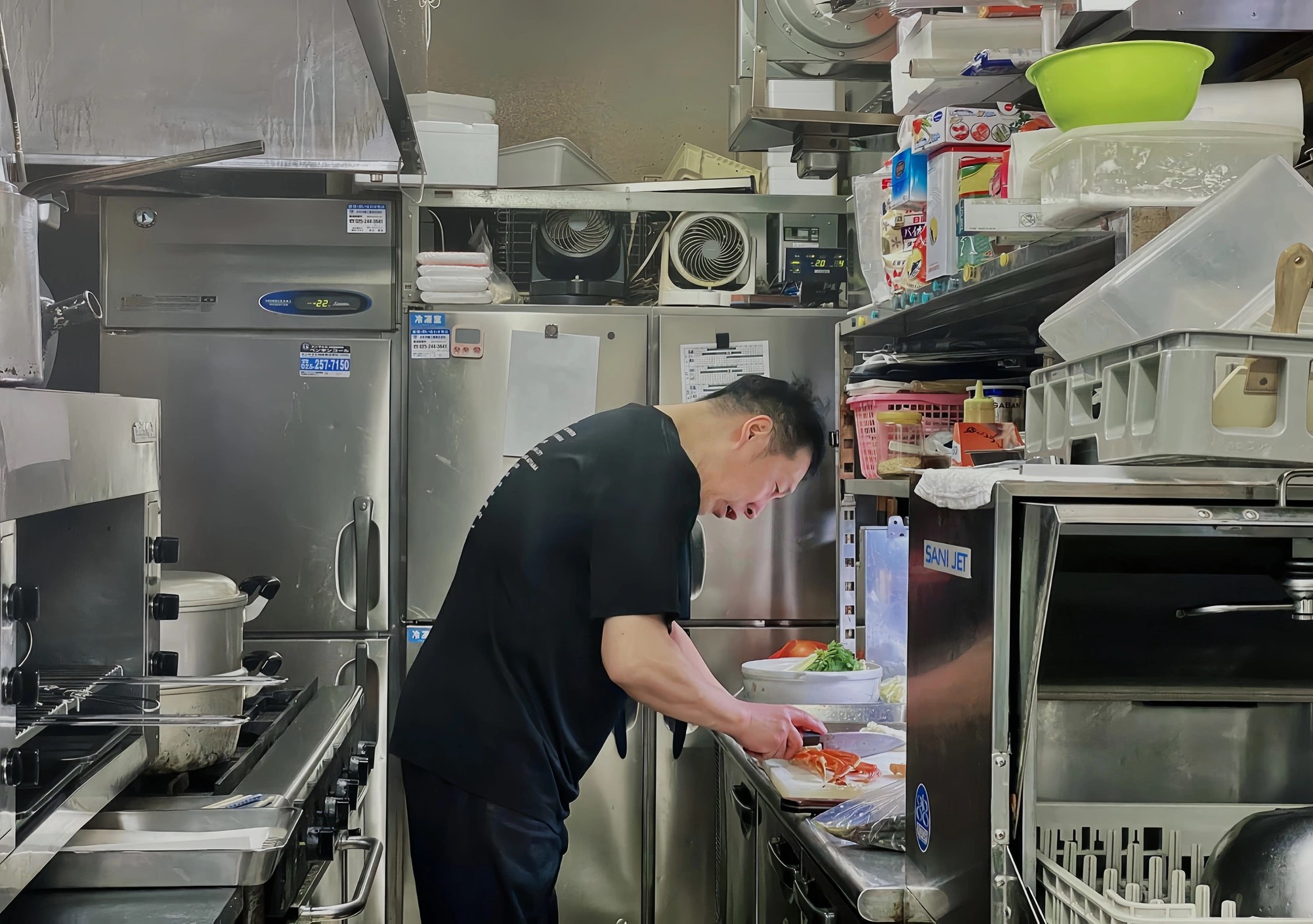Due to the depreciation of Japan's currency, many Vietnamese employees working the East Asian country are facing challenging conditions due to the increasing cost of living.
As of March, nearly 6,300 Vietnamese were employed in Japan, according to data from Vietnam's Ministry of Labor, War Invalids, and Social Affairs.
This number is expected to rise to around 23,300 by the end of this year.
Struggles due to depreciation of the yen
"A carton of eggs now costs ¥400 [US$3.64] instead of ¥200 [$1.82] like before," whined Nguyen The Tai, a 24-year-old worker at a workshop in Ibaraki Prefecture.
"I have to work extra shifts to earn additional income and negotiate with my landlord to lower the rent.
"Since the yen lost its value, I have had to save every cent.
"If I buy new clothes or upgrade my smartphone, I will not have enough money to send back to my family."
The depreciation of the yen has also impacted the mindset of Vietnamese people in Japan, particularly those who are married.
Nguyen Gia Chien, a 29-year-old engineer specializing in manufacturing auto parts in Osaka Prefecture, disclosed that his monthly income has nearly halved as a result of the depreciation of the Japanese currency.
The rise in taxes, including personal income tax and consumption tax, has exacerbated the challenges faced by workers, making their life more difficult.
Due to the high cost of living, Chien had no choice but to send his wife back to Vietnam when she gave birth to their child.
He sets aside a portion of his income to support his wife in raising their baby every month.
"We encourage each other to overcome this challenging period," he said.
"Once our child grows a little older, my wife will return to work.
"When our baby can attend kindergarten, we hope to alleviate some financial burdens."
In a similar situation, C.T.H., a 46-year-old manager at a sushi restaurant in Tokyo, acknowledged that while the weaker yen has had negative effects on many people, it has also presented an opportunity for the Vietnamese community in Japan to support one another.
"The Japanese government provides support to those with low incomes or receiving unemployment benefits, but others have to fend for themselves," H. explained.
|
|
| The depreciation of the yen also affects many workers in service industries, amplifying its impact across various sectors. Photo: Supplied |
Despite encountering various obstacles, many Vietnamese in Japan remain resolute in their decision to stay, driven by the prospects of better earning opportunities.
There is a collective hope among them that the value of the yen will rebound, ultimately leading to an improvement in their quality of life.
Many Vietnamese still aspire to come to Japan
Despite recent concerns about the fall in the value of the yen, many young Vietnamese remain committed to pursuing their dreams of working in Japan.
They are attracted by opportunities for learning, improving language skills, and advancing their careers, along with appealing benefits and policies such as social security and healthcare.
Cao Xuan Quyet, 19, from Bac Giang Province in northern Vietnam, is one example.
Despite his family's financial limitations, he has already paid for his plan to go to Japan.
Consequently, he is now focusing on learning Japanese to prepare for his departure.
"The company responsible for taking me to Japan assured me that the value of the yen is likely to rise again, so I am not too worried. However, I have yet to see any positive indicators," Quyet remarked.
Nguyen Hong Hanh, a 20-year-old resident of Hanoi, whose sister has been living in Japan for many years, stated, "Despite the yen depreciation, incomes for workers in Japan are better compared to those in Vietnam. My sister advised me not to worry. Going to Japan would provide me with ample chances to experience a new culture, interact with many people, and gain valuable life experiences."
Ishii Chikahisa, first secretary at the Japanese Embassy in Hanoi, highlighted that Vietnamese workers account for one-fourth of the total number of foreign workers in Japan, playing a critical role in Japan's socio-economic development.
Approximately 185,600 trainees, 97,500 specified skilled workers, and 87,900 engineers are employed in the fields of engineering, humanities and social sciences, and international business.
Given these statistics, Chikahisa assured that Japan remains committed to supporting the Vietnamese community by improving working and living environments to ensure their comfort during their time there.
Like us on Facebook or follow us on X to get the latest news about Vietnam!



















































